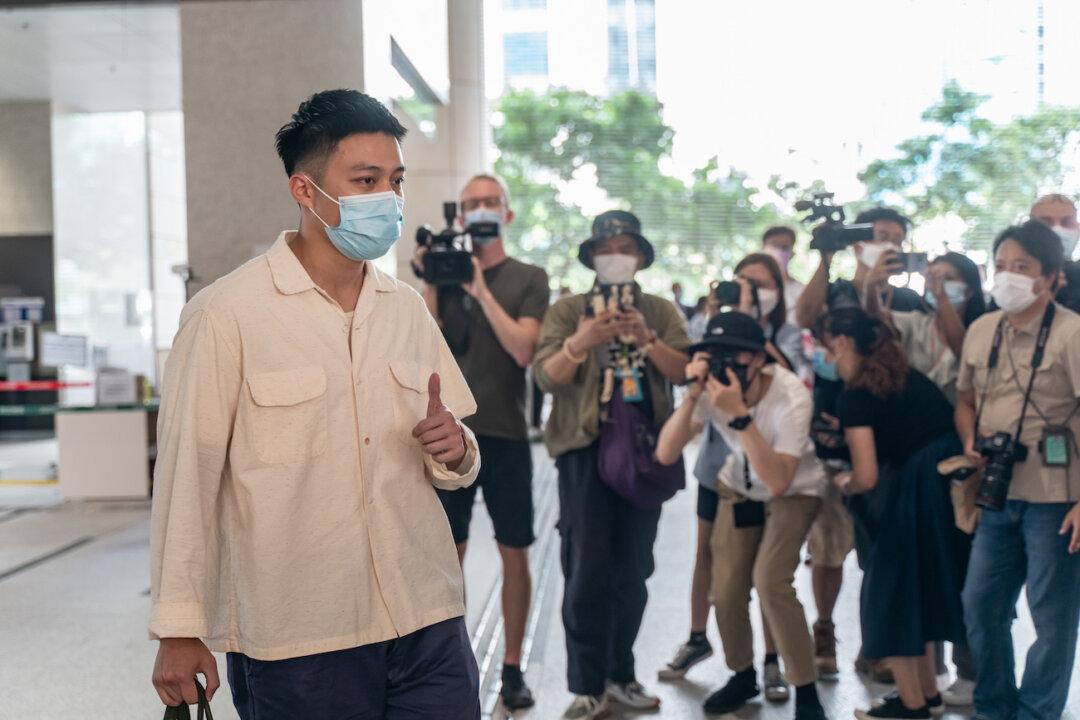A judge ruled on July 8 that court cases for 47 Hong Kong pro-democracy activists will resume in late September, after prosecutors were granted more time to build a case against them.
The 47 activists, who were among 55 arrested by national security police on Jan. 6, were charged with participating in a primary vote in 2020 that was unofficial, non-binding, and independently organized.




